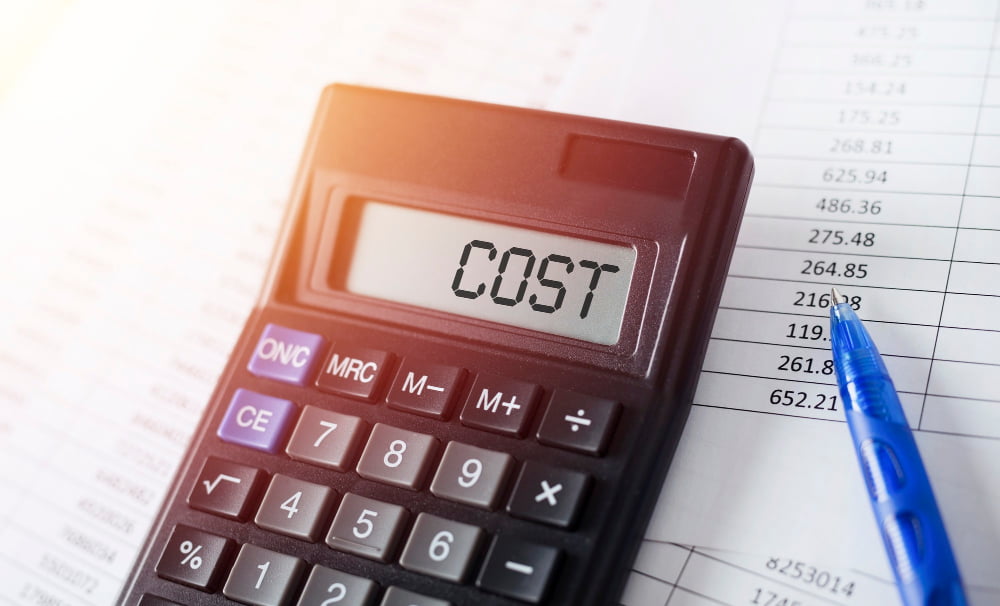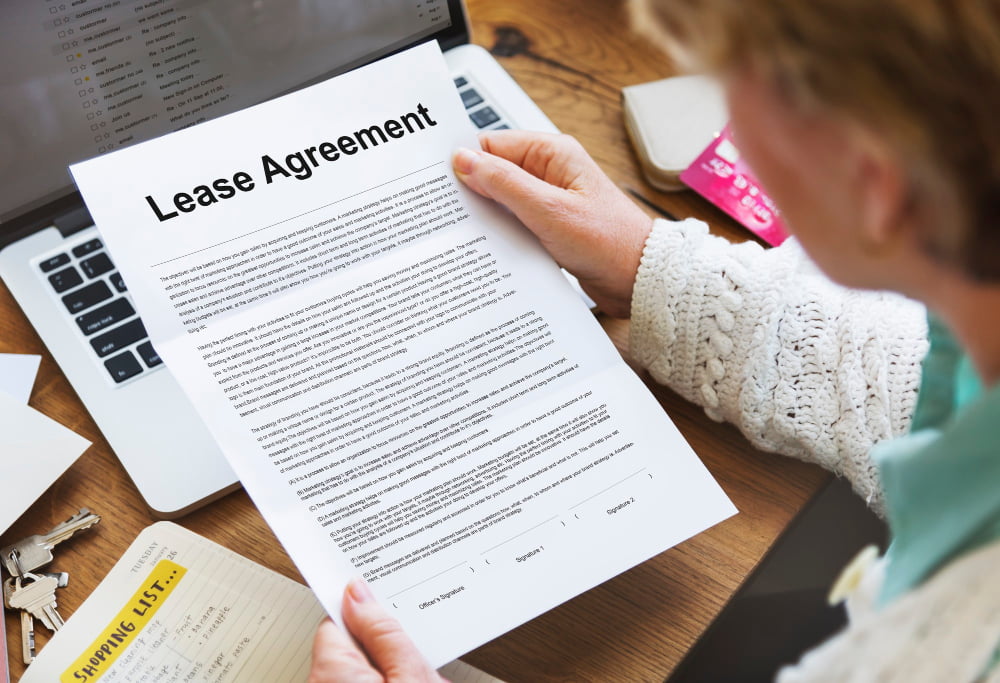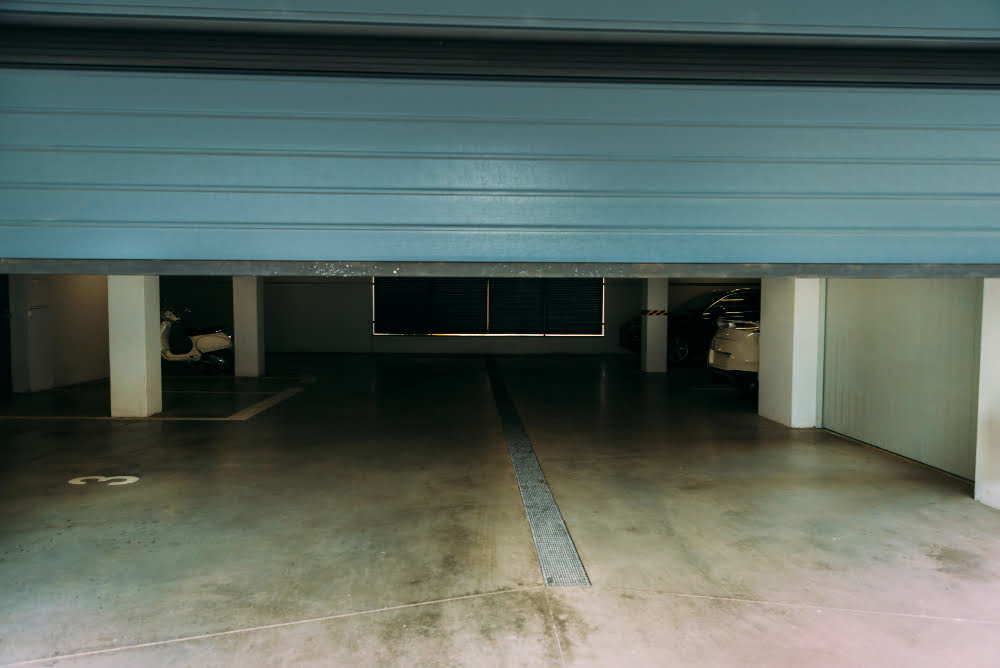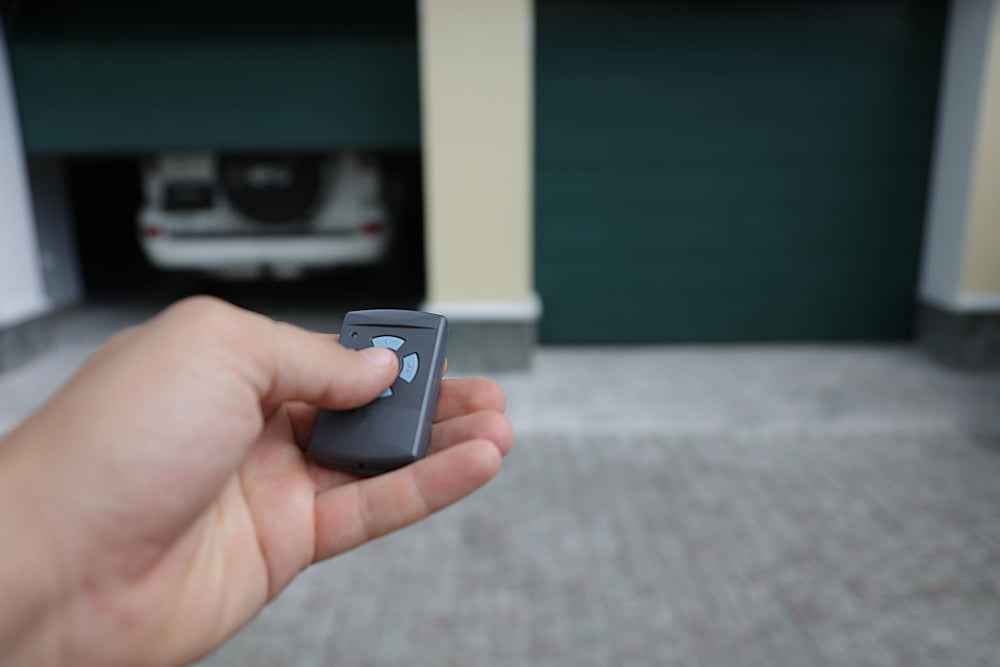Exploring the cost of renting a garage per month can help individuals budget appropriately and make well-informed decisions.
The cost of renting a garage per month can vary significantly based on factors such as location, size, and amenities. In urban areas, it’s not uncommon to see garage rentals ranging from $100 to $300 per month, while in more suburban or rural areas, you might find rentals as low as $50 to $100 per month. However, these are just rough estimates, and the actual cost can be higher or lower. This article will delve into these factors in detail, providing a comprehensive guide to help you understand what you can expect to pay for garage rental in different scenarios.
Key takeaways:
- Rental costs range from to 0 per month.
- Garage size and location impact rental price.
- Lease agreements specify duration, cost, and responsibilities.
- Consider building a garage for long-term investment.
- Additional costs may include utilities, insurance, and maintenance.
Determining the Average Garage Rental Costs

Given their wide availability, garage rental rates tend to vary quite a bit. Broadly speaking, you can expect to pay anywhere from $100 to $300 per month for a standard one-car garage.
Larger garages or those with additional amenities, however, might command a higher price. It’s crucial to remember that the area also plays a major role in the cost. For instance, in a bustling city where parking is scarce, rates could spike up significantly.
Rural areas, conversely, tend to be more reasonable. Conducting comprehensive market research is key in obtaining an accurate picture of what to budget. Make a point of comparing prices from several different sources to ensure you’re receiving a fair rate.
Types of Garages and Their Rental Costs

First on our list are the single-car garages. These typically range from 10×15 to 12×20 feet and can fit one average-sized car. Depending on your location, expect to pay anywhere from $75 to $150 per month for such a rental.
Next, we move to two-car garages, which are generally twice the size of a single-car garage and can naturally fit two vehicles. The cost to rent this kind of space averages between $150 to $300 monthly.
The third category includes larger garages designed for three or more vehicles. With dimensions ranging from 20×30 to around 40×25 feet, these expansive spaces come with a steeper rental price that often falls in the $300 to $600 per month range.
Lastly, you’ll find specialty garages. These spaces cater to specific needs like vehicle modification, heavy duty work, or storage of large items. As such, the cost will fluctuate based on the specific amenities provided. Prices can reach $1000 per month or more depending on the unique features of the space.
Remember, these are only rough estimates. Numerous other factors, which we’ll touch on later, can impact the actual rental costs.
Factors Influencing Garage Rental Prices

Location plays a major role in determining rental costs. In areas where space is a premium, like in bustling city neighborhoods, expect higher monthly fees. On the other hand, rural or less populated areas may offer significantly lower rates.
The size of the garage also impacts price. A small, one-car garage will be less expensive than a spacious, three-car counterpart. Shape and design may factor in as well. Garages with added features like insulated doors or in-built storage systems can command higher fees.
The use of the garage can influence the price. If a renter intends to run a business from the garage, landlords may set higher rates due to additional wear, utility costs, and potential zoning requirements.
Lastly, the condition of the garage matters. A freshly painted, well-maintained garage with modern, functioning amenities could be priced higher than an older, needing-repair one.
Always remember that costs can vary greatly, so it’s important to thoroughly assess any potential rental opportunity and weigh it against budget and needs.
Understanding Lease Agreements for Garage Rental

Knowing the specifics of lease agreements is crucial. They are legal contracts set between the renter and the property owner and stipulate the terms of rental.
1. Duration: Rental contracts specify the duration of the lease, most commonly on a month-to-month basis or yearly basis. Some garages may also offer a day-to-day lease, perfect for short-term projects.
2. Cost: Agreements will clearly state rental costs, which are subject to local tax laws. It’s essential to verify the cost consistency throughout the lease term.
3. Utilities & Maintenance: Depending on the contract, utilities such as electricity, may be included or may be the renter’s responsibility. Maintenance, too, may fall under the landlord’s duties, or be a responsibility of the renter. Understand exactly what you’re paying for.
4. Security Deposits: Some owners might require a security deposit from renters, which may be refundable under certain conditions. It is a safeguard for any damage that might occur during the rental period.
5. Cancellations & Penalties: The lease will also outline the protocol for cancelling the lease and any penalties involved.
Educating yourself on these fundamental points will help effectively navigate through any lease agreement.
The Cost of Renting a Garage Vs. Building One

When contemplating over the choice of renting versus building a garage, several factors come into play. For short-term needs or if you live in a rental property, renting a garage might be a more feasible and cost-effective option. It’s immediate, doesn’t require construction permits or time, and carries less financial risk.
However, if you own your property and intend to stay for several years, building a garage can be a worthwhile investment. This allows for customization to suit your specific needs, adds value to your property, and can offer cost savings in the long run.
The construction costs vary based on location, size, materials used, and the complexity of the design. A typical garage construction can range from $15,000 to $50,000. You should also factor in potential additional expenses for electricity, insulation, or custom features.
On the other hand, monthly garage rental prices can be vastly different, ranging from $50 to $300 per month, dependent on the location and the size of the garage. This accumulates over time, and unlike a garage you’ve built, you won’t recoup any of this cost when you move.
As with any financial decision, consider your personal situation, long-term plans, and budget before deciding which route is right for you.
Potential Additional Costs in Garage Rentals

While the base rental fee might seem straightforward, it’s critical to consider a few possible extra expenses that could arise. One potential cost is utilities: if you plan to use your garage for more than just parking a car such as for a workshop or storage space, you may need power, heat, or other utilities that aren’t included in the basic rent price.
Damage deposits are another commonplace fee. This up-front cost is designed to cover any prospective damage to the property during your rental term.
Also, insurance comes as an additional yet important expense. A renter’s or business insurance policy will often cover items stored in a rental garage, but you may need additional coverage depending on what you’re storing.
Lastly, maintenance and repair might not always be included in your rental agreement. You might be responsible for minor repairs or regular upkeep like sweeping and clearing of debris. Always ensure to fully understand your lease agreement to avoid unexpected additional costs.
Saving Money When Renting a Garage

Carefully choosing your location can lead to significant savings. Typical city center garages tend to carry a premium; renting on the outskirts may cut your costs considerably.
Review the lease agreement thoroughly. Look for hidden charges such as maintenance or service fees. Ensure all costs are included in the monthly rental price to avoid unexpected expenses.
Take into account the size of the garage. Notably, consider whether you need ample space for a large vehicle or storage. Renting a smaller garage might suffice and saves money.
Lastly, consider negotiating the price. Landlords may reduce rent for a longer lease term or immediate occupancy. Displaying flexibility and a willingness to negotiate can potentially result in a better rental deal.
FAQ
What are the factors that influence the monthly rental cost of a garage?
The monthly rental cost of a garage is influenced by factors such as its size, location, condition, security features, and any additional amenities it may offer.
How does location affect the price of garage rental?
The price of garage rental can significantly fluctuate depending on the location, often being pricier in high-demand areas and urban centers due to greater competition and higher property values.
What are some additional expenses to consider when renting a garage?
Additional expenses to consider when renting a garage may include insurance, utilities, maintenance costs, and potential remodel or customization expenses.